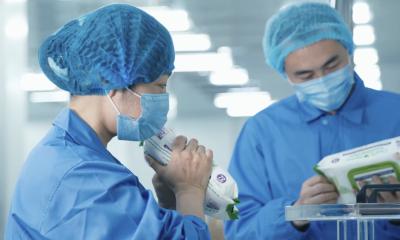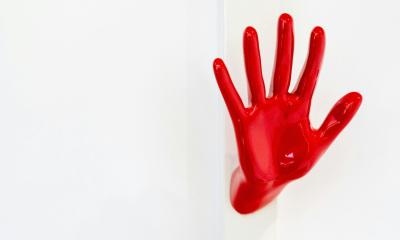Warning for hospital cleaners: 'Don't over-dilute disinfectants!'
USA - Bacteria can survive weak solutions of some disinfectants, by ridding their systems of the cleaning chemicals and thus boosting their resistance, which causes greater hygiene problems, according to a study published in Microbiology.
At the Department of Veterans Affairs Medical Centre, Detroit, the researchers exposed Staphylococcus aureus bacteria to low concentrations of a wide range of antiseptic and antibacterial solutions, many commonly used in hospitals and homes.
They discovered that when the bacteria were not killed by the chemicals they began to mutate into new strains, which often had a higher number of ‘efflux pumps’ on the surface of their cells. These pumps enabled them to dispose of toxic molecules, not only removing the disinfectant molecules, but also removing certain antibiotics, e.g. ciprofloxacin.
Lead author Dr Glenn Kaatz warned that repeated exposure of biocides in hospitals could not only build up that resistance, but also contribute to hospital-acquired infections.
28.10.2008





